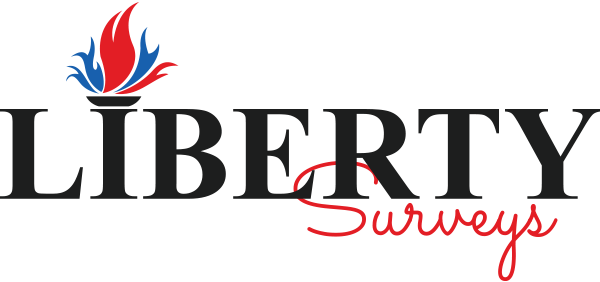Polls
Is Our Right To Free Speech Under Attack?

Is Our Right To Free Speech Under Attack?
Here’s The Scoop
The arrest of Telegram founder Pavel Durov is raising alarm bells among civil liberties advocates, who warn it could spell trouble for free expression and privacy rights.
Durov’s apprehension was carried out by France’s OFMIN, the agency responsible for shielding children from violence. While governments in the U.S., U.K., and E.U. have introduced legislation aimed at protecting children online, critics argue these measures could be exploited to suppress free speech and enable government censorship.
“Safety for children is a highly effective guise for censors,” the Foundation for Freedom Online (FFO) told us. The organization likened the issue to a “Trojan horse,” noting that, unlike other commonly used pretexts like “disinformation” and “hate speech,” child safety genuinely concerns the public.
France 24 reported that OFMIN issued the arrest warrant on grounds including drug trafficking, fraud, cyberbullying, “organized crime and promotion of terrorism.” Ultimately, Durov found himself charged with complicity in the dissemination of sexual images of children.
While this paints Durov as a potentially serious offender, there’s been no concrete evidence to support these claims so far. Surprisingly, mainstream media and civil libertarians remain relatively quiet about his arrest. What we are witnessing is an extensive…
Civil liberties groups have condemned the arrest, fearing for the future of free speech. Joe Mullin, Senior Policy Analyst at the Electronic Frontier Foundation (EFF), stressed the critical role of platforms like Telegram in enabling free speech. Mullin pointed out that Durov’s arrest over Telegram’s moderation policies jeopardizes user privacy and free speech rights, affecting “hundreds of millions” globally.
“Those users’ rights to free expression are at stake,” Mullin concluded.
TF1 Info revealed that the French investigation targeted Telegram due to its moderation policies and non-cooperation with authorities, branding Telegram as “complicit” in illegal activities.
Toby Young, the Founder and General Secretary of the U.K.-based Free Speech Union (FSU), expressed his concerns: “Would you arrest the head of the telephone company if someone made a threatening phone call? Pavel cannot be held responsible for everything that’s said on Telegram.”
Young acknowledged some individuals might exploit Telegram’s open platform but countered that the app allows people to freely criticize authoritarian regimes.
Durov, a Russian-born citizen of France and the UAE, fled Russia in 2014 after refusing to hand over encrypted data from VKontakte (VK), a social network he founded, to Russian authorities. He also denied Russian demands to ban opposition parties from VK.
Aaron Terr, Director of Public Advocacy for the Foundation for Individual Rights and Expression (FIRE), warned that Durov’s arrest raises concerns about government control over online speech. Telegram insists it complies with E.U. regulations, specifically the Digital Services Act (DSA), aimed at preventing illegal activities and curbing disinformation online.
Kate Ruane, Director of the Center for Democracy and Technology’s (CDT) Free Expression Project, emphasized that arresting platform executives for insufficient moderation paves a perilous path for free expression. She warned of governments leveraging such actions to escalate censorship.
“This is particularly dangerous for end-to-end encrypted services, where platforms can’t even access message content,” Ruane noted.
This isn’t an isolated case of governments clamping down on digital platforms. In 2023, an E.U. document obtained by WIRED detailed a proposal requiring tech companies to scan private messages for illegal content, potentially jeopardizing end-to-end encryption and digital privacy.
In the U.S., the Senate passed the Kids Online Safety Act (KOSA) in July, aimed at protecting children from harmful online content. However, Republican Senator Rand Paul from Kentucky has cautioned that KOSA could stifle First Amendment rights due to its vague wording, calling it another “Trojan horse.”
Critics argue that KOSA is overly broad and poses threats to online anonymity, with the Federal Trade Commission (FTC) overseeing its enforcement, subjecting it to the political whims of changing administrations.
FFO criticized KOSA and similar international legislation for using vaguely defined terms like ‘bullying’ and ‘harassment’ to suppress political speech.
The point was perhaps best summarized by FSU’s Toby Young, who told The Daily Caller: “People are the best judges of what’s ‘safe’ for them to see, not governments.”
What do you think? Let us know by participating in our poll, or join the discussion in the comment section below!

Richard Young
September 2, 2024 at 11:58 am
The filthy stinking COMMUNISTS have arrived in America and fighting hard to destroy everything American!
jim gillum
September 3, 2024 at 10:21 am
The commies have been here for awhile…now they are being forced to the surface….